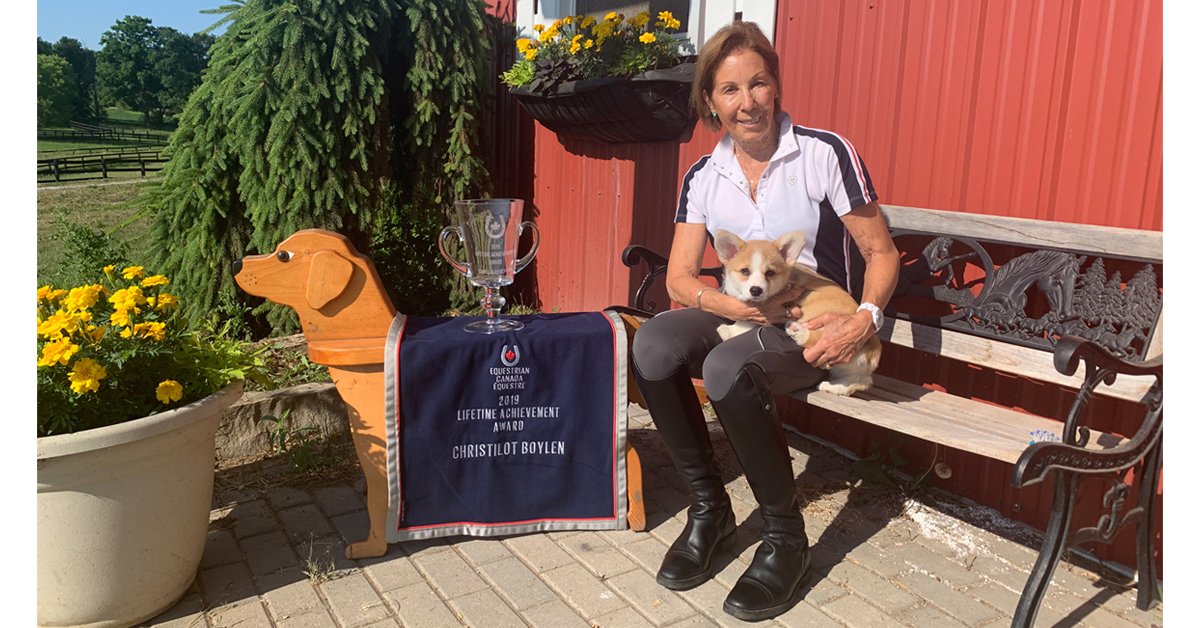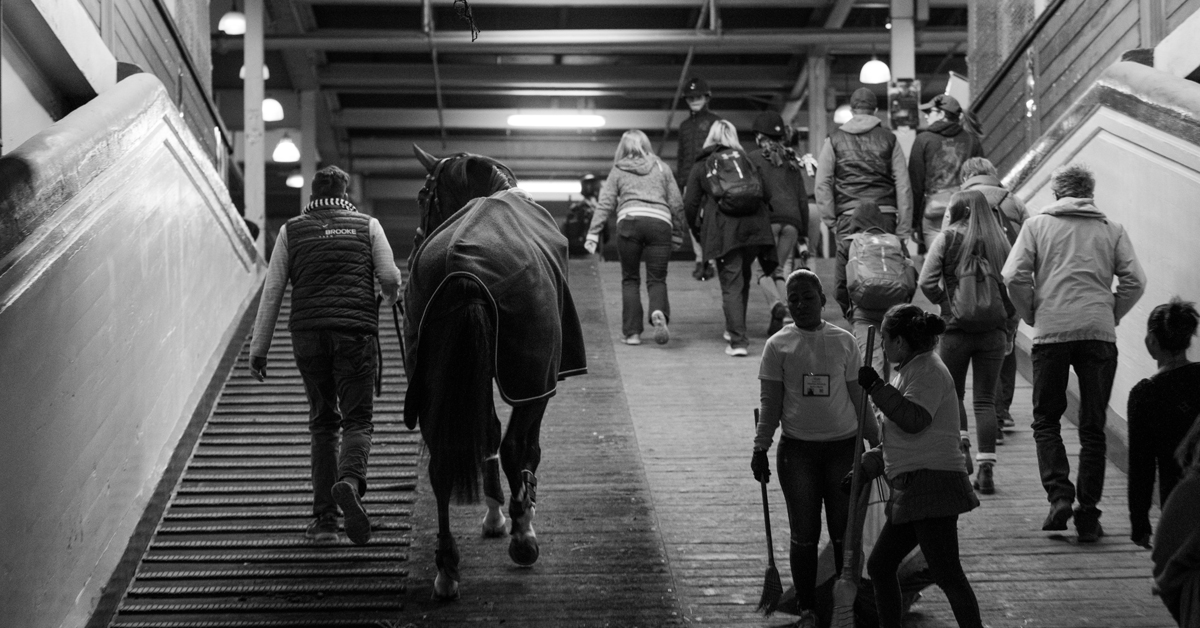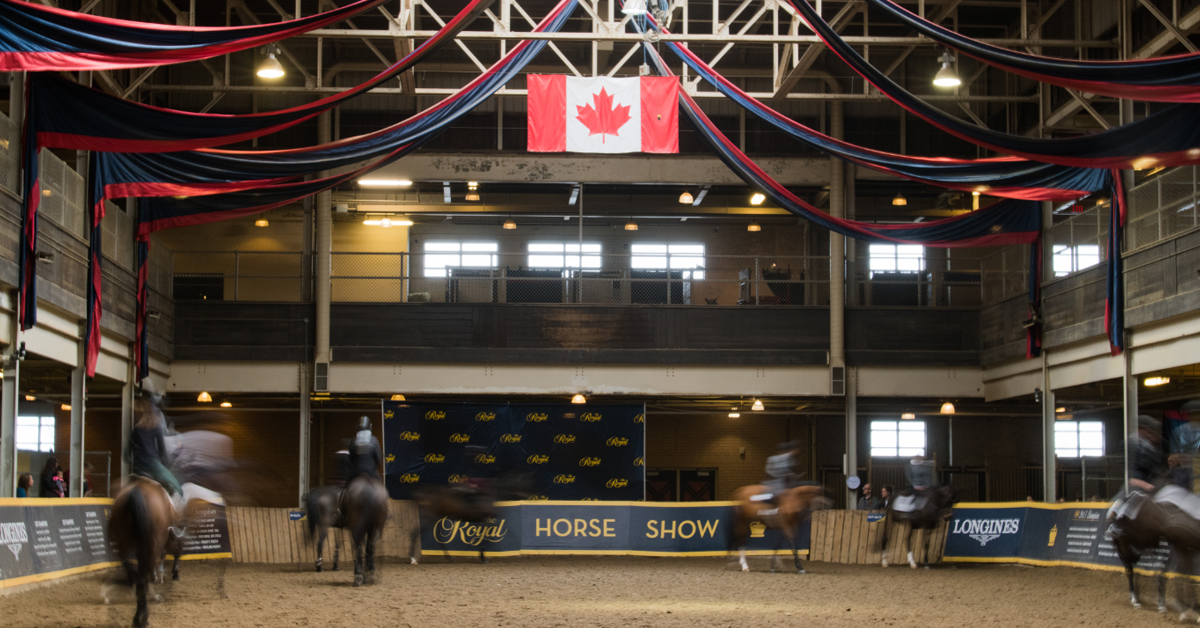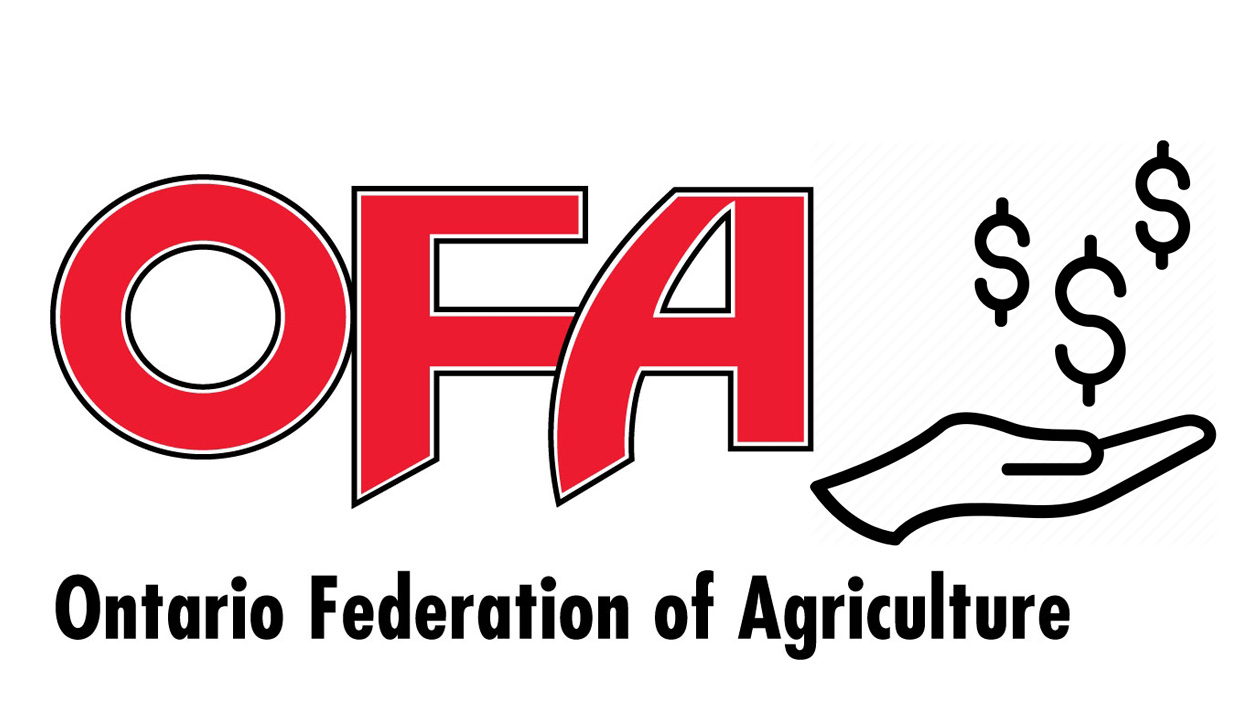Hong Kong – A press conference with FEI Secretary General Alexandre McLin, FEI Jumping Committee member Sven Holmberg and Associate member of the Veterinary Commission Paul Farrington was held to answer questions surrounding the announcement of four positive doping tests. It was recently announced that the banned substance capsaicin was found in each of the following horses:
Bernardo Alves (BRA) Chupa Chup
Christian Ahlmann (GER) Coster
Denis Lynch (IRL) Latinus
Tony Andre Hasen (NOR) Camiro
Capsaicin is a derivative of chili pepper and used in both humans and horses producing a burning sensation and pain relief. Typically applied as either a topical lotion or paste, it disappears quickly as it is rapidly absorbed by the blood. It was added two years ago to the list of tested substances here at the Hong Kong Jockey Club though positive testing as a result of its application has been very rare.
Throughout the Games, 15 horses have received both blood and urine tests including 11 medal winners and four randomly selected entries. Thermography was not conducted at the Games as the protocol has not yet been finalized, however, boot checks were performed on all horses when they exited the ring and there was no suspicion of hypersensitization at that time.
Currently, the FEI only selects one team member from each medal winning team for a drug test, but it is very possible following this scandal that that policy might change in the future. It is interesting to note that not all horses that tested positive in both tests as some horses weren’t accommodating for the urine test. The FEI, however, does not legally require that both tests be supplied in order for a positive test to be confirmed.
In order to protect the integrity of the sport, the FEI has applied a provisional suspension for each of the riders and they will not be allowed to compete in the Individual final. The Norwegian’s will be anxiously awaiting the result of the B-sample as its team bronze medal is at risk.
More from Horse Sport:




